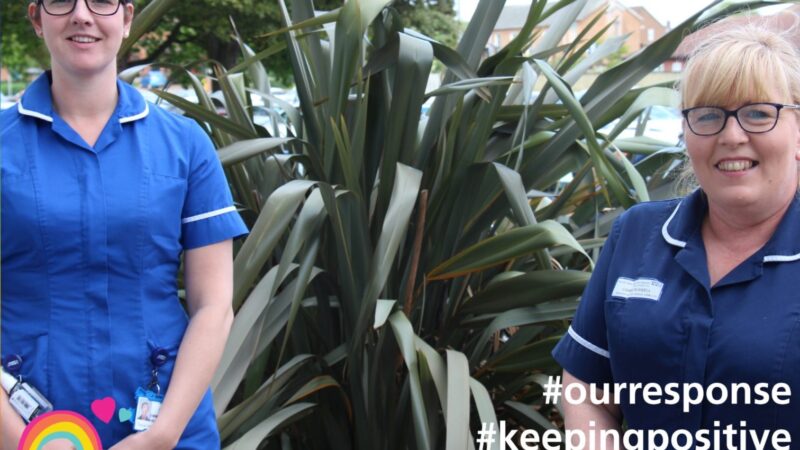
Nurses from a local health care provider have been sharing their expert knowledge to prevent the care home residents from enduring the pain and suffering caused by pressure ulcers.
Tissue Viability Nurses Chris Russell and Emma Hale have been in touch with care homes in Stockton and Hartlepool. Providing advice and guidance to make sure the residents don’t develop the painful ulcers. The duo created a bespoke email information pack, backed up with a phone call.
Chris said: “Older people and people with special educational needs are often at risk from developing pressure ulcers. They are very painful and can easily get infected.
“Our local care homes are all vigilant in making sure their resident’s don’t develop ulcers. But we thought it would be useful to offer some direct support. With the COVID-19 pandemic going on, we want to reduce admissions to hospital as much as possible and keep our care home residents where they are safest – in their own homes.”
Rosedale/Rosewood, in Hartlepool, supports up to six adults with special educational needs. Manager Liane Newcombe commented: “We received the email information pack and phone calls from the nurses at North Tees. They’ve been really useful.
“I’ve seen pressure ulcers before and believe me, they are not pleasant.
“We always aim to keep the people we support moving and active. But it’s always handy to get extra help and advice.”
Nurse Emma Hale said: “We work with the care homes as partners.
“They may be employed by other organisations, but we’re all colleagues committed to providing the best care we can. We’re happy to share our knowledge to reduce pressure ulcers and to keep the resident healthy. We’re always available for further advice.”
The Trust’s tissue viability nurses adopt the SSKIN process:
S – Skin inspection to monitor if ulcers are developing
S – Surface inspection to ensure mattresses and chairs are suitable
K – Keep moving to make sure the resident is not staying in one position for too long
I – Incontinence can increase the chances of pressure ulcers and requires a strict hygiene regime
N – Nutrition and correct diet is essential in pressure ulcer prevention
For advice and guidance on the prevention and treatment of pressure ulcers visit the NHS website.